Aiming at the larger mission to attain Net Zero goals, India as a nation has been orchestrating a series of policies and frameworks to move the needle north. With the ever-increasing per capita energy demands, this shall need solutions at scale to meet the targets. The burgeoning demand for sustainable energy solutions that are driven by increased EV adoption and renewable energy integration warrants India’s continued tryst for Rare Earth Elements (REEs) exploration.
Given the demand and the unavailability of Lithium, Nickel, Cobalt, Manganese, REEs in sufficient quantities, as a nation, we may be staring at a scenario we had with crude. Therefore, the need is to crack the code, and we import the REEs to accomplish our energy requirements. Parallelly, we must work comprehensively towards capacity building in sustainable solutions by doing deep research and development in reclaiming these REEs to attain energy independence.
Various studies suggest that the recycling of batteries requires significantly less energy than mining and processing REEs from ore, with some studies suggesting savings up to 60-90% on energy and resources compared to primary mining for these metals. Further, mining and processing REEs have substantial environmental impacts, while recycling can also significantly reduce waste generation.
We need to further factor in current recycling rates that are very low, and as India aims to meet 50% of its primary energy requirement from renewable sources by 2030, it is driving the need for lithium-ion batteries for energy storage. Further, Lithium-ion batteries are being mooted to play a crucial role in enhancing grid stability in India by providing a reliable and flexible solution for energy storage, by providing backup power during outages, reducing peak demand, and facilitating the integration of renewable energy sources.
Factors, we ought to consider, firstly, the cumulative demand for energy storage in India of 903 GWh by 2030, which is divided across many technologies such as lithium-ion batteries, redox flow batteries, and solid-state batteries. The lithium-ion battery market in India is expected to grow at a CAGR of 50% from 20 GWh in 2022 to 220 GWh by 2030.
Secondly, electric vehicles (EVs) are revolutionising transportation, making ways for a cleaner and more sustainable world. And major aspect of any EV is its battery. As per JMK Research, in 2024, the country boasts over 5.6 million Electric Vehicles (EVs). Electric vehicle sales in India have reached a historic milestone this year, crossing the 2 million mark for the first time. Consequently, the penetration of EVs in India’s overall vehicle market increased to approximately 8%, up from 6.8% the previous year.
However, a deeper look is needed to what happens when these batteries reach the end of their initial lifecycle? Considering various global research reports, on average, it is estimated that the Lithium-ion Battery Recycling Market is slated to grow at a CAGR of 20.5% to USD 35 billion by 2030. The answer lies in battery recycling, a vital process that not only helps reduce waste but also conserves resources and strengthens the foundations of clean mobility.
Reimagining battery life: From waste to resource
Innovative recycling methods allow us to recover valuable materials like lithium, Cobalt, Nickel etc from used batteries. These materials can then be reused to manufacture new, high-performance batteries, reducing our dependence on environmentally intensive mining operations.
One such technique known as black mass extraction plays a critical role in this process. It involves isolating and purifying raw materials from old discharged batteries, transforming them into high-quality components that are ready for reuse. As a use case, this closed-loop approach is helping cut costs, lowering environmental impact, and making battery production significantly more sustainable.
Beyond recycling: The real energy storage potential
Recycling is just one step of the whole circular economy norm. Once recovered, battery components can also be repurposed into Energy Storage Solutions (ESS) and Battery Energy Storage Systems (BESS). These systems store electricity and serve as backup power sources for homes, industries, and off-grid communities, bringing energy access to remote locations and supporting renewable sources like solar and wind.
By integrating recycled battery parts into ESS and BESS setups, we extend the utility of EV batteries beyond the road. What once powered vehicles are also finding applications in powering entire communities, offering a meaningful second life and contributing to the broader energy transition.
Driving toward a circular future
Battery management with technological advancement seems like a valid step from a sustainability perspective. Reusing and repurposing battery materials drastically reduces waste, minimises environmental harm, and strengthens the global shift toward cleaner energy systems. Like buildings and infrastructure, the genre of clean mobility gives us a space to explore material repurposing with newer technological developments. Battery recycling and reuse help ensure that every component has the chance to contribute more than once, powering not just vehicles, but progress.
A battery running out of charge doesn’t mean it’s the end. Through recycling and sustainable energy storage solutions, it starts a new chapter, helping create a cleaner, greener, and more connected future. The global power India holds as a budding economic and financial hub that is growing exponentially, exposing the brilliant minds of India, investing in this sector is going prove yet another success story for a circular, resource-resilient future.
The views and opinions expressed in this article are the author’s own, and do not necessarily reflect those held by pv magazine.
This content is protected by copyright and may not be reused. If you want to cooperate with us and would like to reuse some of our content, please contact: editors@pv-magazine.com.
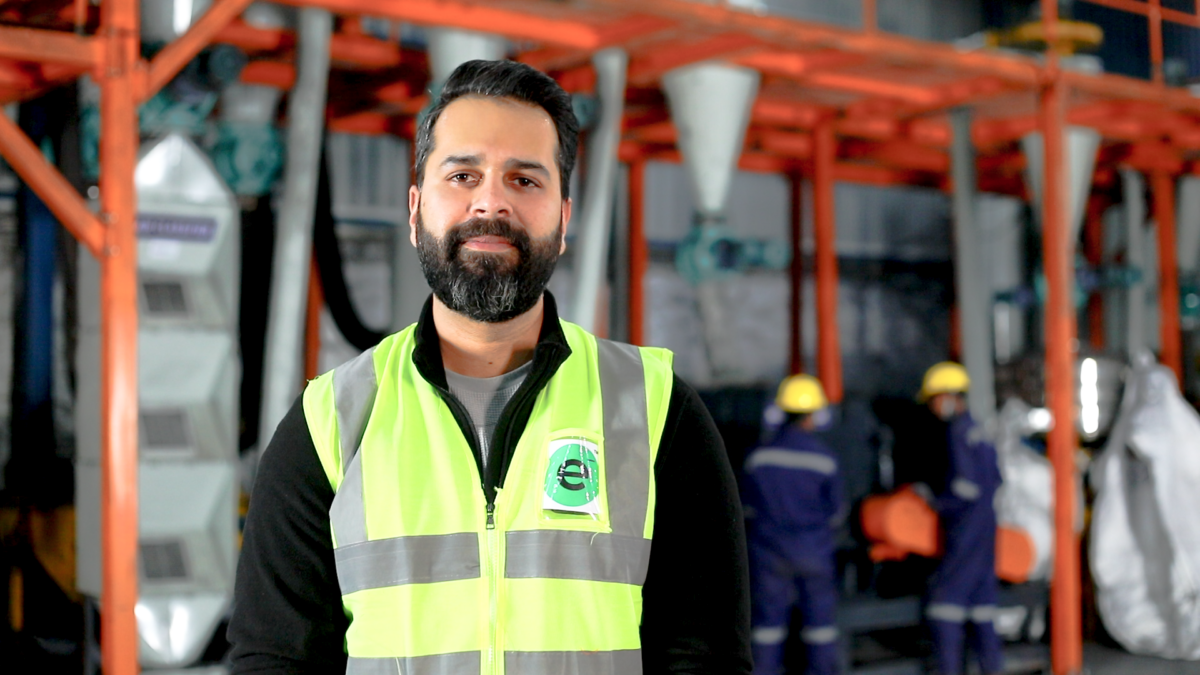
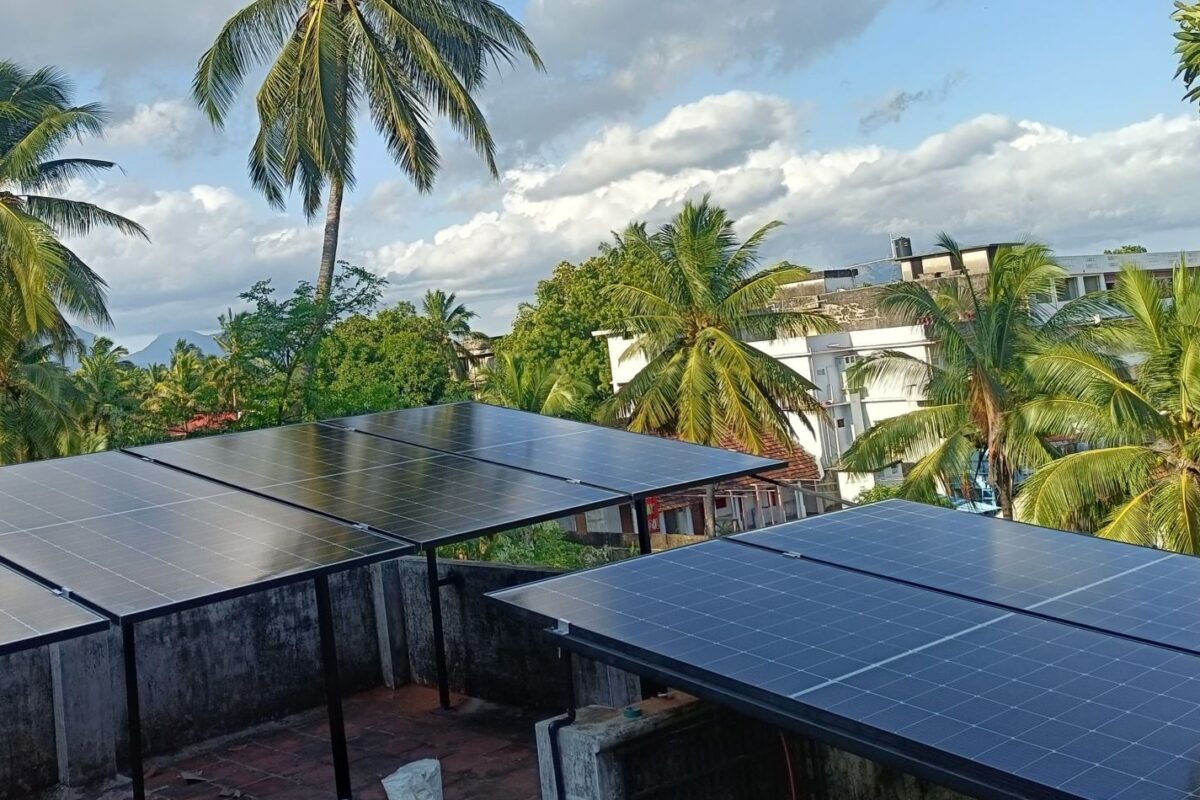

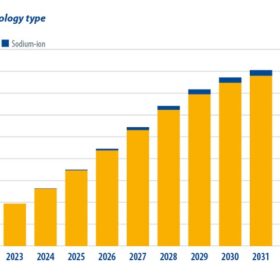
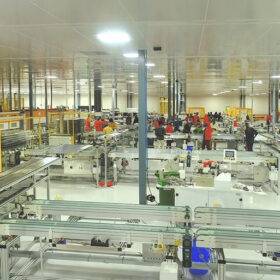
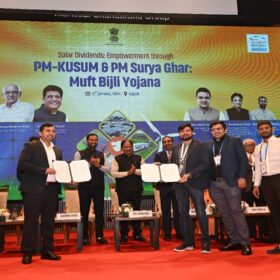

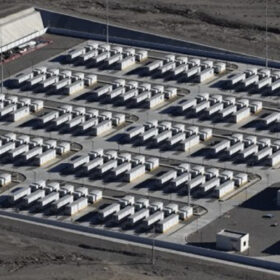
By submitting this form you agree to pv magazine using your data for the purposes of publishing your comment.
Your personal data will only be disclosed or otherwise transmitted to third parties for the purposes of spam filtering or if this is necessary for technical maintenance of the website. Any other transfer to third parties will not take place unless this is justified on the basis of applicable data protection regulations or if pv magazine is legally obliged to do so.
You may revoke this consent at any time with effect for the future, in which case your personal data will be deleted immediately. Otherwise, your data will be deleted if pv magazine has processed your request or the purpose of data storage is fulfilled.
Further information on data privacy can be found in our Data Protection Policy.